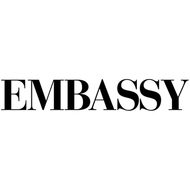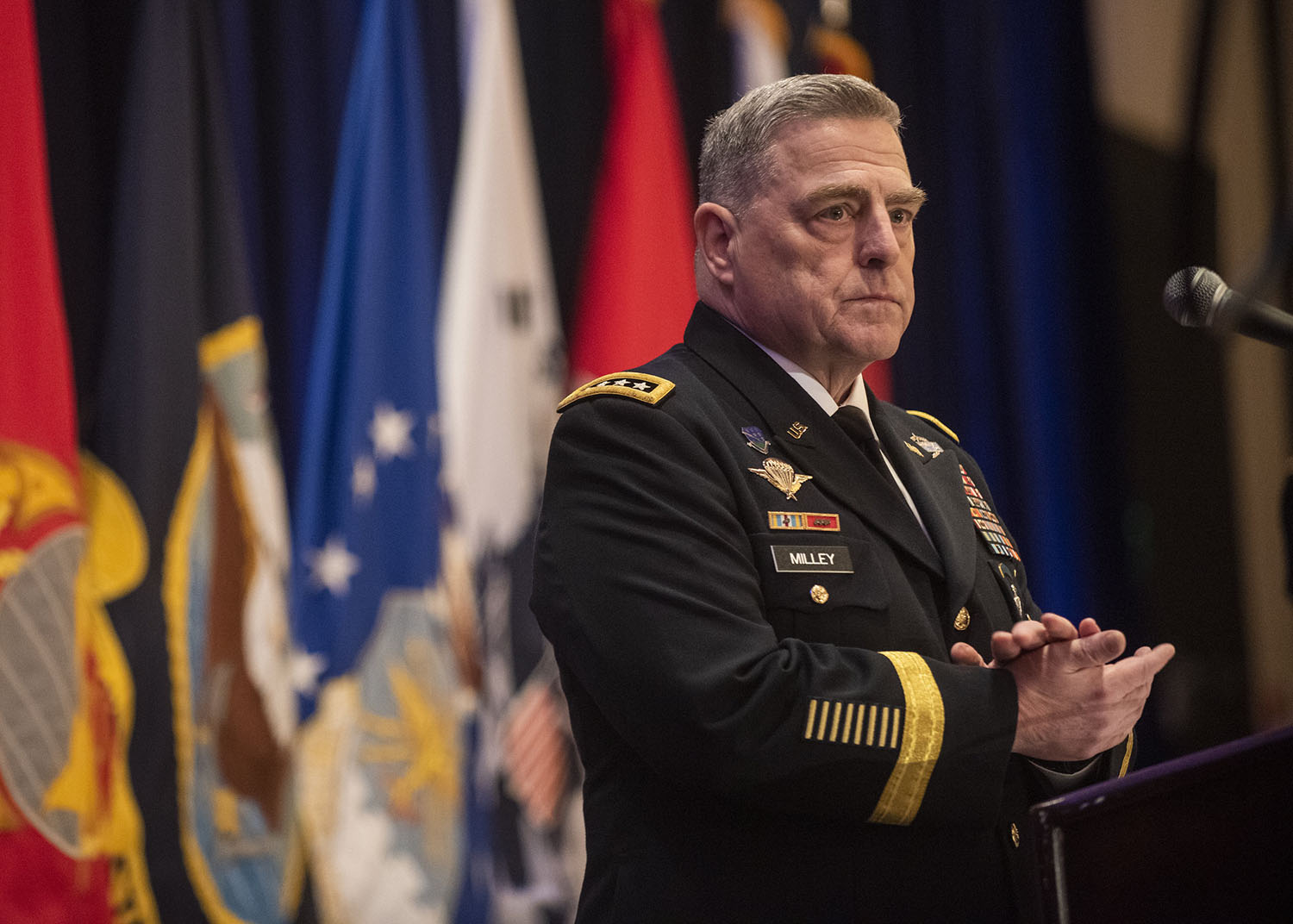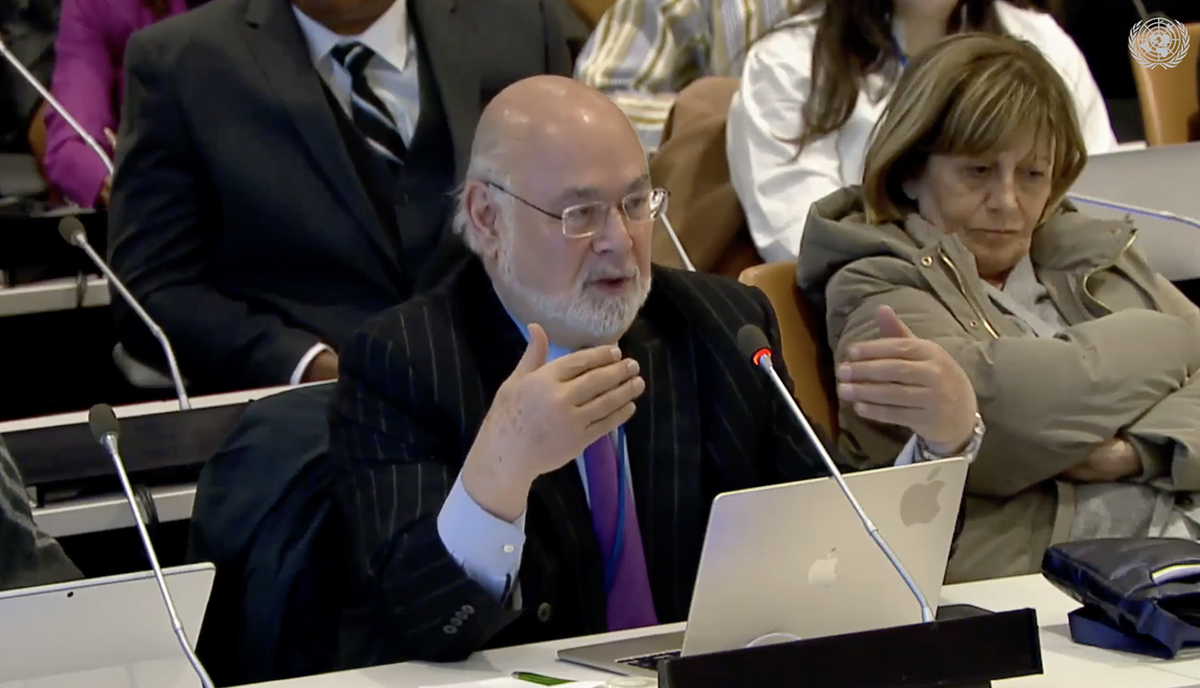May 2, 2007
Analysis by Douglas Roche, O.C.
Embassy
Representatives of 188 nations, which have ratified the Non-Proliferation Treaty (NPT), are meeting in Vienna this week and next to try again to construct a viable plan for nuclear disarmament. They will continue these meetings each year until 2010 when a critical decision will have to be made on whether the NPT is still viable.
The past few years have been disasters for nuclear disarmament.
The facts are stark: the total number of 27,000 nuclear weapons is, in the words of the Weapons of Mass Destruction Commission, headed by the Swedish diplomat Hans Blix, “extraordinarily and alarmingly high.” Former UN secretary-general Kofi Annan says the world is “sleep-walking” toward nuclear proliferation and nuclear terrorism.
Yet the United States plans to rebuild every weapon in its nuclear stockpile and install new components to make weapons lighter and more rugged to improve the consistency of their explosive yield and to improve the accuracy of their delivery. Russia is carrying out research and missile tests of state-of-the-art nuclear missile systems and is developing new warheads for its most recent silo-based and mobile missiles. France is planning the deployment of new warheads whose concept was tested in 1995-96 on new versions of its cruise and submarine-launched missiles. The British Parliament recently voted to replace its Trident system, which would ensure nuclear weapons capabilities well into the second half of the 21st century. China is currently replacing its force of 20 silo-based long-range missiles with a longer-range variant. All these activities of the declared nuclear weapons states are arms racing.
Moreover, India has an estimated 95 nuclear weapons, Pakistan 50, and Israel 200. These three countries do not even belong to the NPT, and all are engaged in modernization. The eight countries now in the nuclear club have a combined population of 3.1 billion, which means that 48 per cent of the people in the world live in a nuclear weapon state.
World attention is focused on North Korea, which tested a nuclear weapon in 2006, and Iran, now claiming to be able to enrich uranium at industrial capacity. Of course, neither country should be allowed to build nuclear weapons. But these states are flashpoints off of a volcano. The volcano is the present arsenal of nuclear weapons. Other states will want to acquire them in the belief that nuclear weapons have become the currency of power in the modern world.
All of this seems to present a gloomy picture. However, there are new reasons for hope, not least being the fact that four of the principal nuclear weapons states (the U.S., Russia, the UK, and France) will have new leadership by the 2010 NPT Review Conference.
In historical terms, the tide may be turning against nuclear weapons. Overwhelming majorities of the public surveyed in major countries by the Liu Institute of the University of British Columbia want nuclear weapons prohibited. In 2006, all but four countries in the UN voted for the holdout states to ratify the Comprehensive Nuclear Test Ban Treaty, negotiate a ban on the production of fissile materials, diminish the role of nuclear weapons in security policies, reduce the operational status of nuclear forces, and take other practical steps. This is a significant expression of a world view.
The moral, legal and military case against nuclear weapons is better understood than ever before. The intellectual argument–that nuclear weapons are needed for security–is now largely rejected by most states as baseless.
Nuclear weapons opponents recently gained surprising support when four prominent American figures–Henry Kissinger, George Shultz, William Perry and Sam Nunn–who have all held high posts in U.S. administrations and Congress, came out for the abolition of nuclear weapons. In an op-ed article in the Wall Street Journal, they warned, “The world is now on the precipice of a new and dangerous nuclear era.” Their article, calling for a series of action steps, was in vivid contrast to the negativity displayed by the Bush Administration. Of 31 votable nuclear disarmament resolutions at the UN Disarmament Committee in 2006, the U.S. cast the sole ‘no’ vote 12 times. Altogether, the U.S. was in a minority of four or less 20 times.
New thinking within the U.S. points to the possibility of an improved U.S. attitude to working with the international community for nuclear disarmament goals when a new administration takes office in January, 2009. Among other benefits, this may free up the Canadian government to take a more proactive position.
The Cabinet should show a greater sense or urgency in dealing with the over-arching problem of nuclear weapons. Maybe Senator Roméo Dallaire’s hard-hitting April 17 speech in the Senate will alert the government.
Canada could, and should, be working to get U.S. tactical nuclear weapons out of Germany, Italy, the Netherlands, Belgium, and Turkey. NATO’s continued insistence that nuclear weapons are “essential” flatly contradicts the NPT.
Canada cannot have it both ways: to support the elimination of nuclear weapons through the NPT, and also support NATO’s continued nuclear weapons. It takes courage, along with vision, to speak up today to oppose any country, anywhere, possessing a nuclear weapon. The Canadian government should remember that the cities of Toronto, Montreal and Vancouver are just as much at risk of the physical and economic fallout of nuclear warfare as the cities of New York, Chicago and Los Angeles.
Former Alberta senator and Canadian ambassador for disarmament Douglas Roche is chairman of the Middle Powers Initiative and author of Beyond Hiroshima.
Jonathan Granoff is the President of the Global Security Institute, a representative to United Nations of the World Summits of Nobel Peace Laureates, a former Adjunct Professor of International Law at Widener University School of Law, and Senior Advisor to the Committee on National Security American Bar Association International Law Section.








